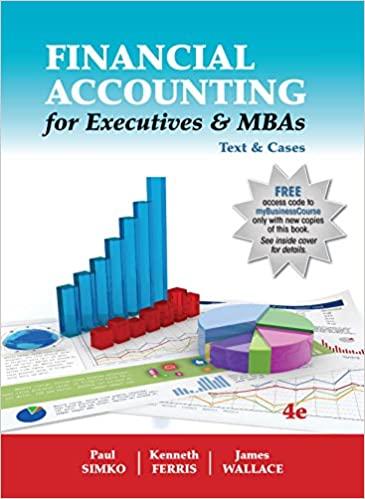Question
1.Calculate ending inventory and cost of goods sold at August 31, using the specific identification method. (For the specific identification method, the August 4 sale

1.Calculate ending inventory and cost of goods sold at August 31, using the specific identification method.
| (For the specific identification method, the August 4 sale consists of rackets from beginning inventory, the. August 13 sale consists of rackets from the August 11 purchase, and the August 26 sale consists of one racket from beginning inventory and 10 rackets from the August 20 purchase.) 2. Using FIFO, calculate ending inventory and cost of goods sold at August 31. |
3. Using LIFO, calculate ending inventory and cost of goods sold at August 31.
4. Using weighted-average cost, calculate ending inventory and cost of goods sold at August 31. (Round intermediate and final answers to 2 decimal places).
5. Calculate sales revenue and gross profit under each of the four methods. (Round eighted-average cost amounts to 2 decimal places)
6. Comparing FIFO and LIFO, which one provides the more meaningful measure of ending inventory? (FIFO or LIFO)
7. If Petes chooses to report inventory using LIFO, record the LIFO adjusting journal entry for Augist 31.
Pete's Tennis Shop has the following transactions related to its top-selling Wilson tennis racket for the month of August. Pete's Tennis Shop uses a periodic inventory system. Date Units Unit Cost $149 Total Cost $ 1,192 August 1 Transactions Beginning inventory Sale ($170 each) Purchase Sale ($185 each) Purchase Sale ($195 each) Purchase 10 139 August 4 August 11 August 13 August 20 August 26 August 29 1,390 129 8 10 11 10 1,290 119 1,190 5,062 $Step by Step Solution
There are 3 Steps involved in it
Step: 1

Get Instant Access to Expert-Tailored Solutions
See step-by-step solutions with expert insights and AI powered tools for academic success
Step: 2

Step: 3

Ace Your Homework with AI
Get the answers you need in no time with our AI-driven, step-by-step assistance
Get Started


